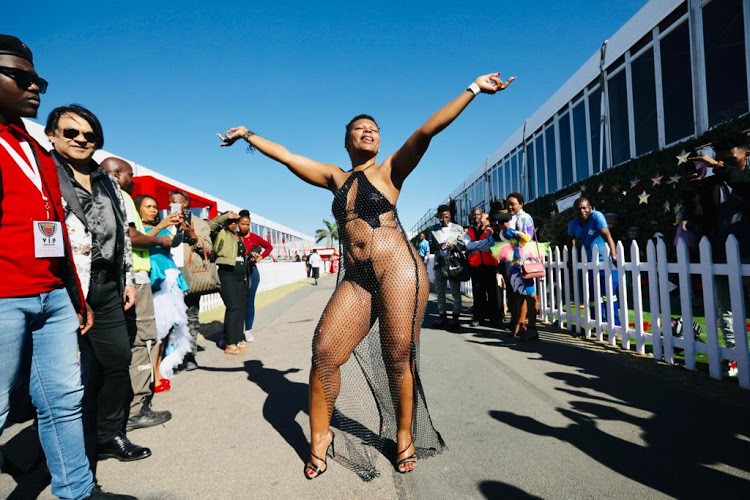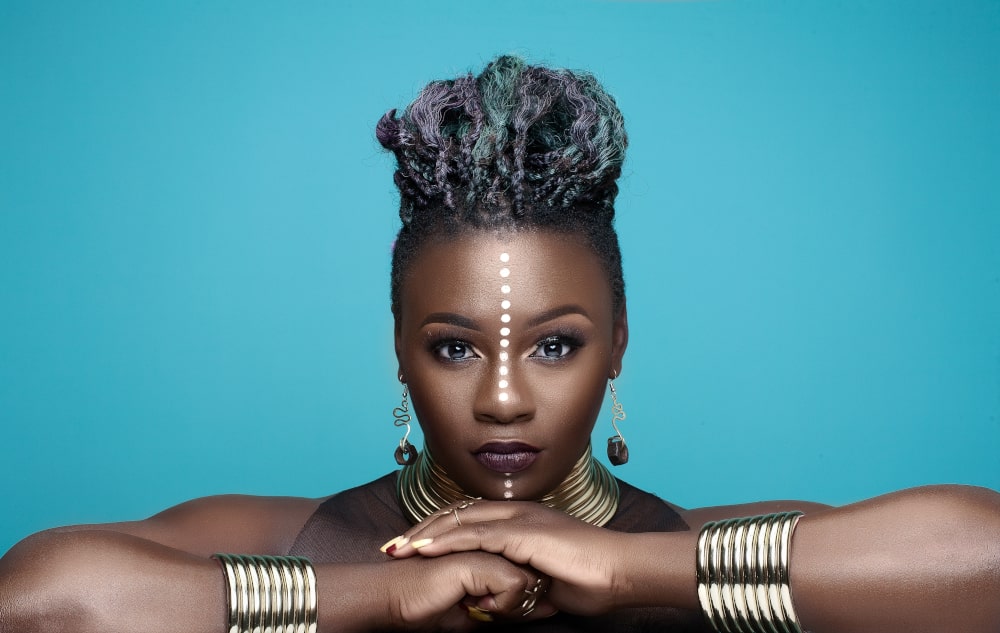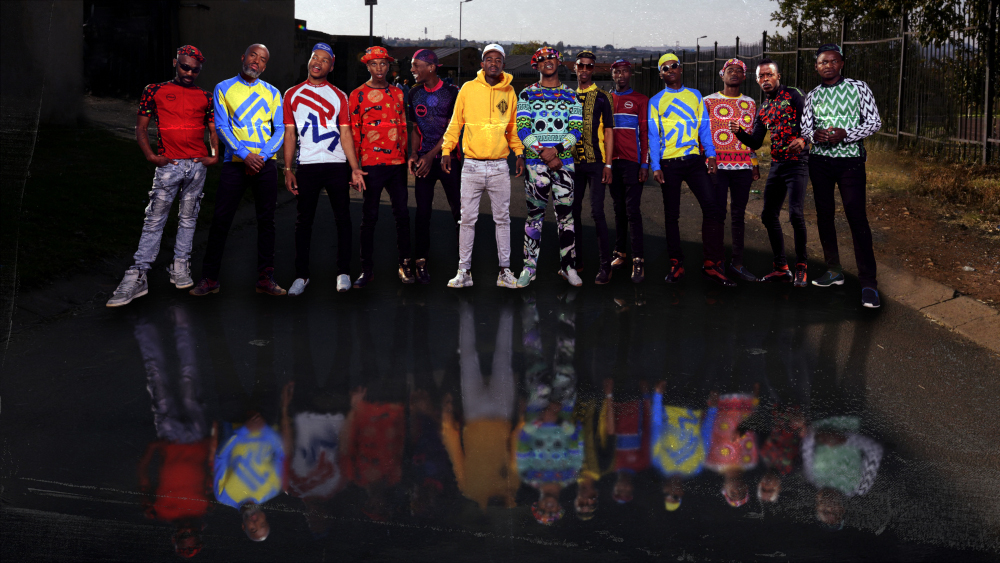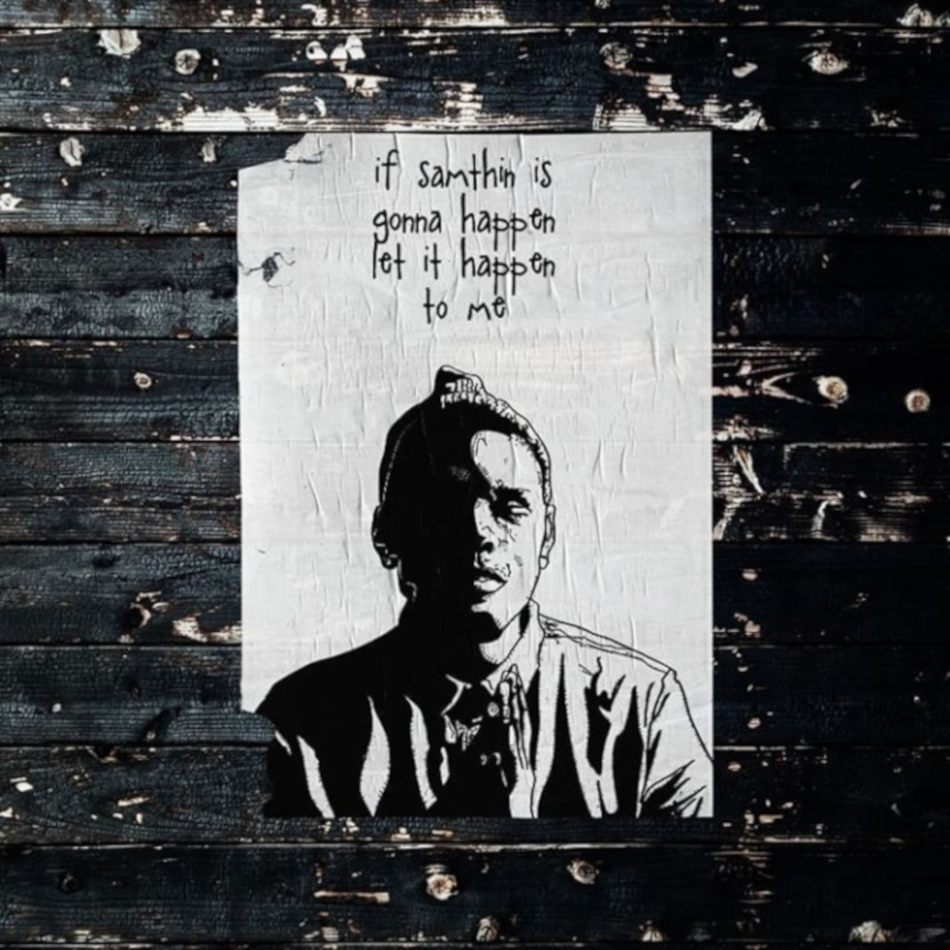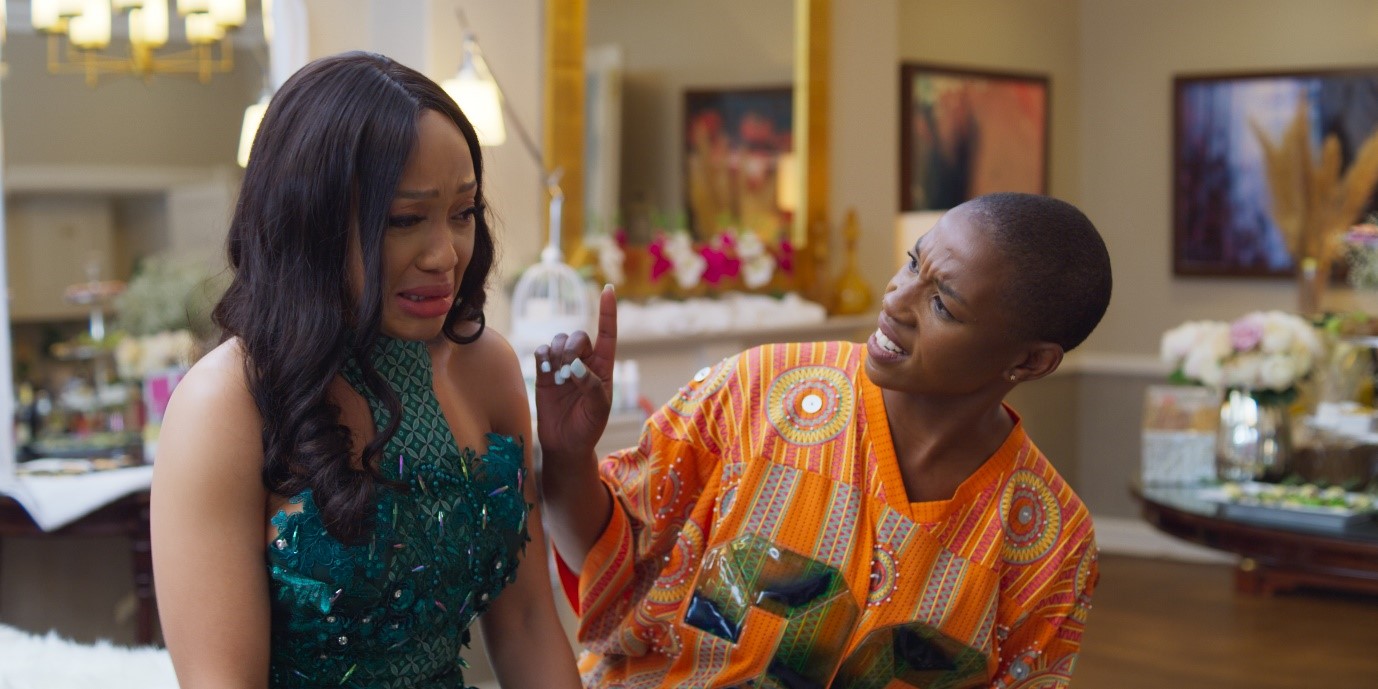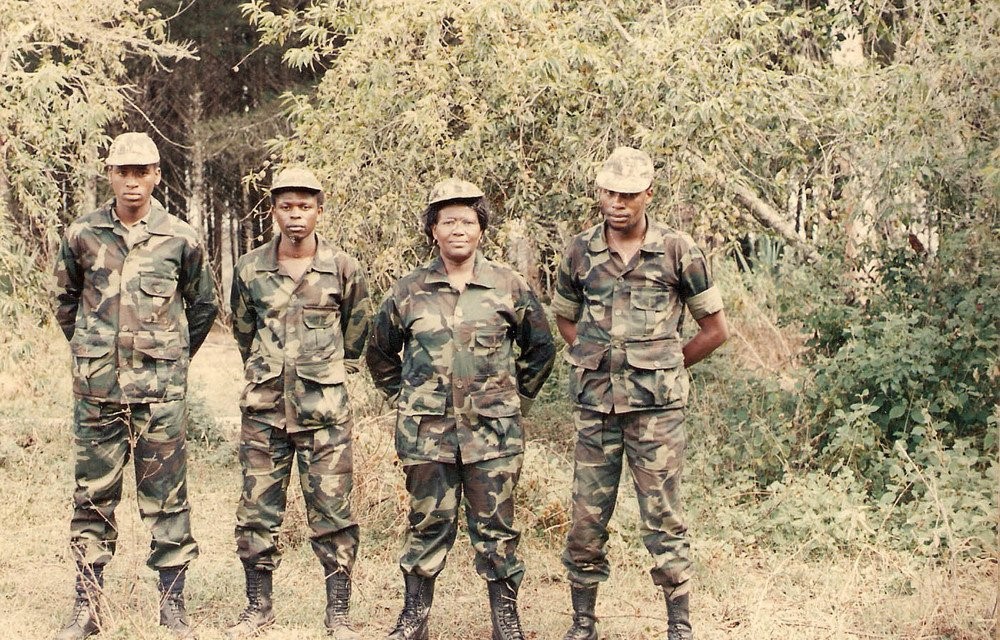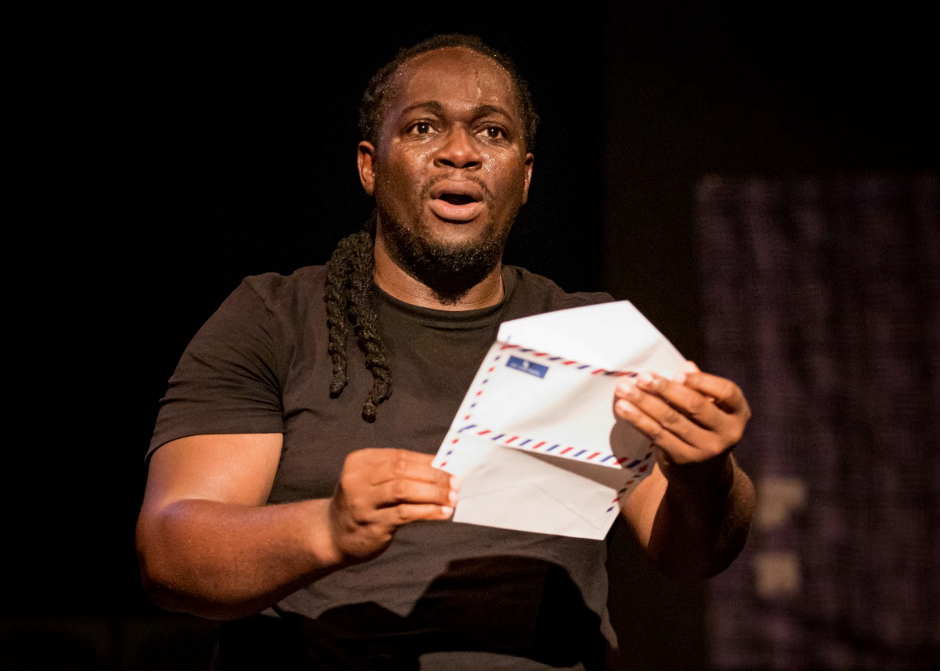Writing on this as a cis-gendered-heterosexual black woman is a rather daunting task. I had to meditate on whether I am in a position to seriously contribute to this discourse. I’ve imagined it cannot be my position to occupy when I could never have an all-encompassing understanding of the lived experiences of black queer folks. As I recollect my thoughts, I thought of the concept of black radical intersectional feminism and what it means for both the personal and political. The essence of black radical intersectional feminism, at least to my understanding, is to consider and explore and understand where all struggles intersect without prioritizing one over the other. It gives us a language to express and understand our plight, to understand the intersecting nuances of race, gender, sexuality and class.
In recent social media conversations, Zodwa Wabantu became a topic of discussion after she spewed hateful and homo/trans-phobic views on her show Zodwa Uncensored. Those views caused outrage, rightly so and had Zodwa trending for days. Zodwa has been an embodiment of putting what the practice of personal agency may look like and she has also been someone who has in her own right, challenged cultural and societal norms. This has been a joy to witness, that it may have perhaps led to illusions of what she understands oppression to be. Though Zodwa has never said herself to be a feminist, one need not be a self-affirmed feminist to not be a perpetuator of toxicity and existing ills in society, this much we can admit. But disappointed as we were, part of this disappointment is rooted in that she does not fit our narrowed sense of “feminism” and this itself reeks of classism.
As enthusiastic as I am in an expansive discussion on socio-economic ills, my understanding was that Zodwa herself is but a reflection of a homophobic and ill-informed society. What heteronormativity has done is to institutionalize homophobia. The very existence and conceptualization of heterosexuality by default and problematically so gives ground to homophobia, transphobia, internalised patriarchy and misogyny. All this has been internalized by many, where structural power has reinforced the understanding that anything outside that which is heteronormative is an aberration.
This brings the conversation to another layer of class and its intricacies when it comes to how we navigate intersectionality. Where intersectionality makes sense is when we have an overarching understanding of how systems and institutions of power play themselves out in society. Historical class stratification has cultivated a divide and placed hierarchical limits to education, access to information and knowledge. Black queer people and black women remain at the periphery of knowledge production. Power structures dictate, not only which “knowledge” is valid but also who have access to what information through class stratification, which is a result of the capitalist and racist system to which we exist in.
With this understanding how do we then address these ills and eradicate them systematically while parallel to that, we cultivate a culture of “calling in” problematic people, rather than “calling out”? What we have witnessed throughout the years is how the “call out culture” can be rather counteractive to social justice, performative and does little to help activism. It also shapes itself out as though everyone should, by default know what is and what is not problematic language when in reality everyone is on a journey to unlearn and relearn. The “calling in culture” forces us to think beyond engaging “the already converted” with compassion and challenges our comfort zone. Approaching individuals and engaging them personally can be more effective.
What we then do is not only address the perpetrator of those problematic slurs, with a certain level of compassion, which feminist discourse advocates for, but we deal with the root cause in the same wavelength. Thereby exercising preventative measures which help to avoid the ostracizing of working class black queer people by their families and the violence they experience in our communities. The working class black queer people who do not have the material means to “cancel” toxic people from their lives nor to get themselves to places of safety. We engage and not isolate individuals. This is where one can borrow some of the tools from Abolitionist feminism which invites us to think about prioritising social justice rather that criminal justice and deal with problems systematically rather than individually.

